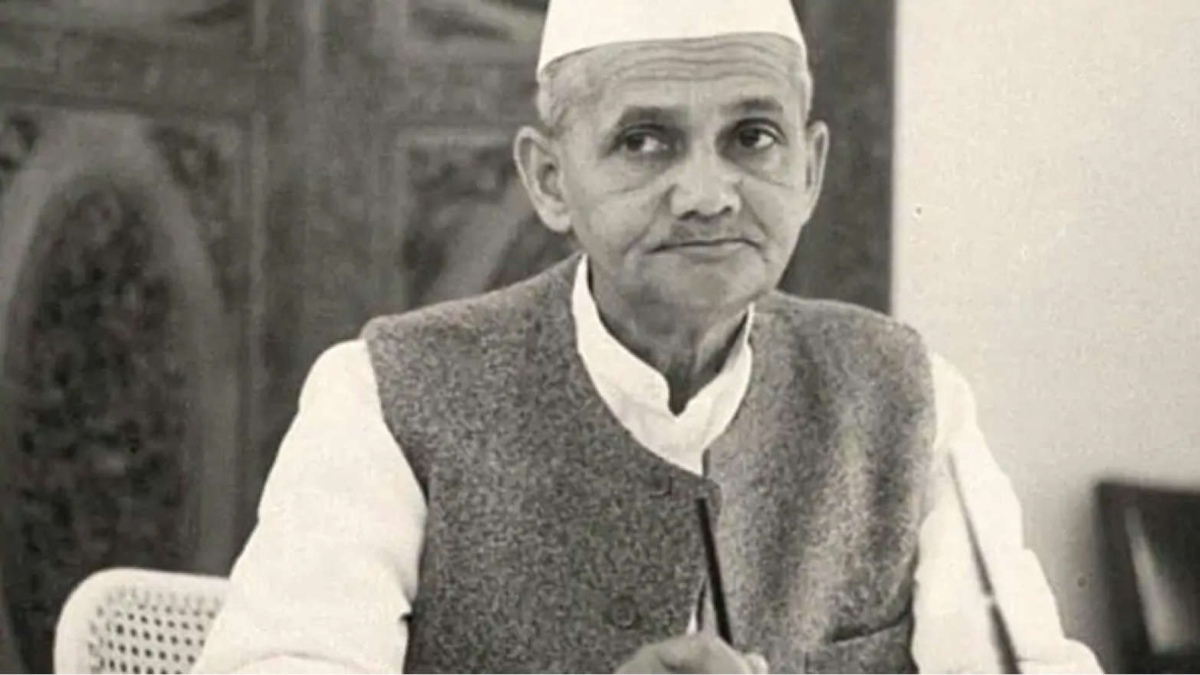


It will be 55 years on Monday since Prime Minister Lal Bahadur Shastri died under mysterious circumstances in Tashkent, shortly after signing an agreement with Field Marshal Ayub Khan in the presence of Soviet Premier Alexei Kosygin. Over a period of time there have been multiple conspiracy theories that have pointed to various reasons why Shastri passed away. However, there is no denying that the short statured politician was in fact a very tall statesman, who led India to victory over Pakistan following the 1965 hostilities, and provided new direction to both our armed forces as well as our farming community. The humiliation that the country suffered at the hand of the Chinese intruders had left the political establishment totally exposed and embarrassed, and believing that India would not be adequately prepared for another war, the Pakistanis attacked our borders.
Shastri had a hands-on approach and allowed the military commanders to dictate the strategy which was ably planned and executed by the legendary Lt General Harbakash Singh, GOC-in-C, Western Command, who disagreed with the then Army Chief, General J.N. Chaudhuri’s assessment, and devised his own blueprint while punishing the Pakistani Army. The saga of the 1965 war has been recorded by Captain Amarinder Singh, then the ADC to the Western Commander, who witnessed the war from a ringside view. Shastri was aware of the grave economic crisis India was going through, and was heavily dependent on the PL-480 aid from the United States, which also used to export wheat and other food items to India. His first priority was to raise the morale of the armed forces and the general citizens and therefore he coined the “Jai Jawan, Jai Kisan” slogan thereby underlining a strong link the two had; most of the soldiers were from rural India and this call did touch a chord everywhere.
The next step he initiated pertained to the entire country missing a meal, once a week. This was done and each citizen complied by not consuming anything on Monday nights. The Prime Minister urged the administration to bring in food control curbs that entailed that the number of guests at even wedding parties was limited, and no lavish spread was permitted with only snacks that could be served. Actor and filmmaker Manoj Kumar, who had at that time acted in a film Shaheed based on the life of Bhagat Singh and his associates, Rajguru and Sukhdev, was invited by the Prime Minister. The actor in one of his interviews recalled that Shastri told him to produce a movie highlighting the theme of “Jai Jawan and Jai Kisan”. The idea of Upkaar, which subsequently became a major hit, was born, and while returning to Bombay by train, Manoj Kumar finished the entire script. The film had the unmistaken stamp of the late Prime Minister, when it was released.
Shastri was also a trusted associate of Pandit Jawaharlal Nehru, who had appointed him as the Railways Minister in his Cabinet. However, Shastri set new standards when owning moral responsibility after a train mishap, he resigned as the Railways Minister, but was retained in the Cabinet as a Minister without portfolio. He also happened to share his birthday with Mahatma Gandhi. The low-profile leader was a high achiever. The nation shall always remain grateful to him.